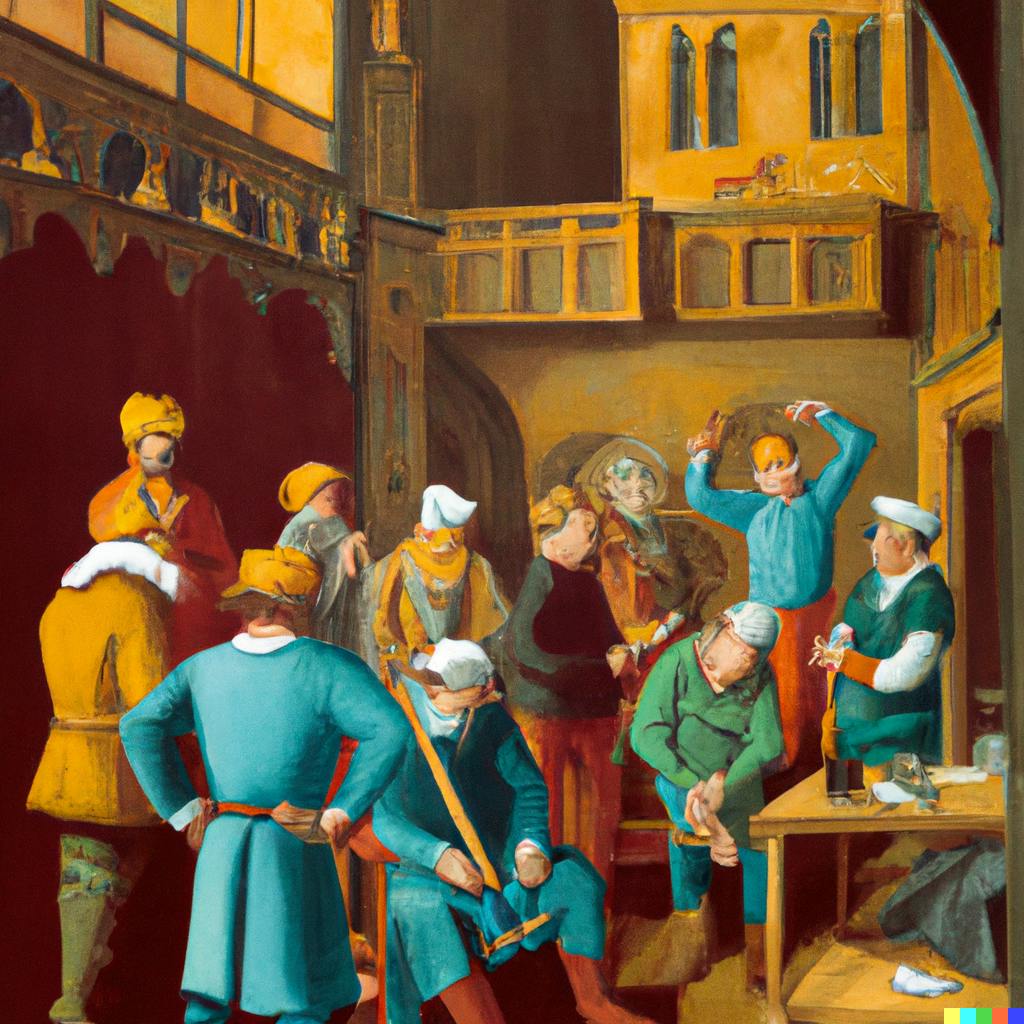Workers in the King's Court

In the king's court of C++, there were different types of workers, each with a unique set of skills to help the king remember all the information.
The "Accountants" were responsible for keeping track of numbers and counting the kingdom's riches. They were skilled in working with numbers, both positive and negative, and were always precise in their calculations.
The "Architects" were skilled in building structures and were responsible for measuring distances and areas. They worked with "Blueprints," which were precise drawings that provided all the necessary information for construction.
The "Scribes" recorded important events and messages in the kingdom's history. They worked with "Text" and could write and read all sorts of messages in different languages.
The "Inspectors" were responsible for checking whether things were true or false. They were always on the lookout for any discrepancies or false information.
Lastly, the "Collectors" were responsible for gathering information from all over the kingdom and storing it in one place. They remembered things like, such as lists, or maps, and were always ready to add more information to their collection.
Each worker had their unique skills and could help the king in different ways, but together they could keep the kingdom's information organized and up-to-date.
Basic Data Types In C++
In C++, data types are used to define the type of data that a variable can hold. There are several basic data types in C++, including integers, floating-point numbers, characters, and Booleans.
Here are some examples of the basic data types in C++:
- Integer (int) - this data type is used to store whole numbers. Integers can be either positive or negative. For example:
pythonCopy codeint number = 42;
- Floating-point (float or double) - this data type is used to store numbers with decimal points. The main difference between float and double is the amount of memory they occupy. Float uses 4 bytes while double uses 8 bytes. For example:
scssCopy codefloat price = 10.99;
double height = 1.75;
- Character (char) - this data type is used to store individual characters, such as letters, digits, and special characters. For example:
javaCopy codechar letter = 'A';
- Boolean (bool) - this data type is used to store true/false values. For example:
javaCopy codebool isSunny = true;
These are just some of the basic data types in C++, and there are many other types and variations available. It's important to choose the right data type for each variable to ensure that the program works as intended and uses the appropriate amount of memory.